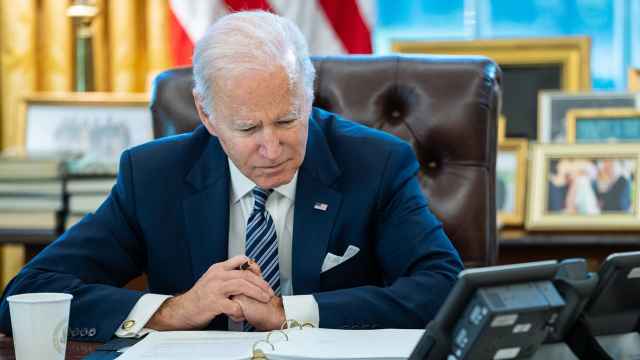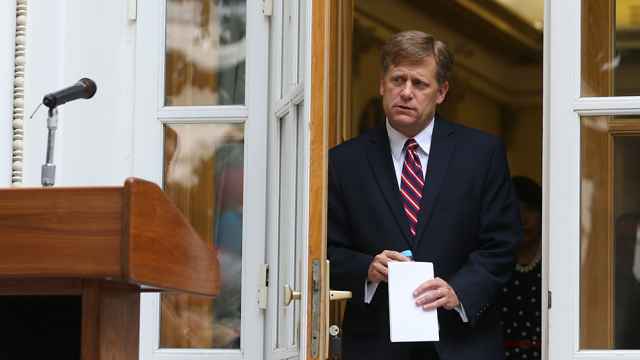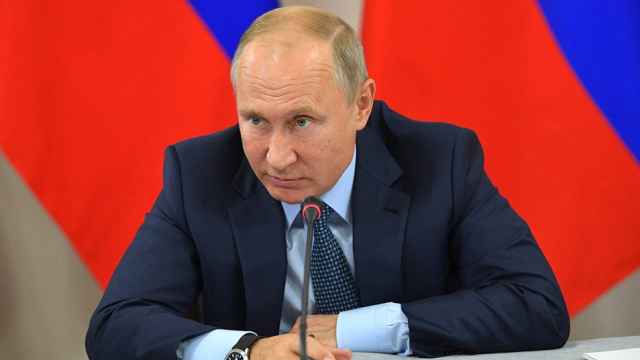Estonia on Thursday passed a law that allows the authorities to transfer frozen Russian assets in the country to Ukraine as compensation for damages caused by Moscow’s full-scale invasion.
Estonian President Alar Karis said the confiscation of assets “raises unresolved legal questions,” but assured they would only be used if the owner’s role in Russia’s war against Ukraine is “proven sufficiently.”
“Regardless of what one thinks of the solution chosen in Estonia, there is no doubt that we need to find effective ways to guarantee the right of victims of aggression to obtain compensation from the perpetrators of the damage,” Karis was quoted as saying by the ERR news agency.
“The Riigkogu must be able to make policy choices in such an ambiguous situation,” he added, referring to Estonia’s parliament, two-thirds of which backed the confiscation law earlier this month before it was sent to the president’s desk for a signature.
Last week, the EU approved a similar measure to use frozen Russian assets for Ukraine after months of political wrangling.
The EU froze around 200 billion euros ($216.3 billion) of Russian Central Bank assets held in the bloc as part of sanctions imposed on Moscow over its invasion.
Under the EU plan, 90% of the money taken from the earned interest on the assets would go to a fund used for supplying weapons to Ukraine. The other 10% would be funneled into the EU’s budget, where it would be used to help increase the capacity of Ukraine’s defense industry.
The Kremlin denounced the decision as an “unprecedented violation” of international law that would make Brussels “the target of prosecution for many decades.” Russia’s Foreign Ministry vowed a response to what it described as the EU’s “banditry and theft.”
AFP contributed reporting.
A Message from The Moscow Times:
Dear readers,
We are facing unprecedented challenges. Russia's Prosecutor General's Office has designated The Moscow Times as an "undesirable" organization, criminalizing our work and putting our staff at risk of prosecution. This follows our earlier unjust labeling as a "foreign agent."
These actions are direct attempts to silence independent journalism in Russia. The authorities claim our work "discredits the decisions of the Russian leadership." We see things differently: we strive to provide accurate, unbiased reporting on Russia.
We, the journalists of The Moscow Times, refuse to be silenced. But to continue our work, we need your help.
Your support, no matter how small, makes a world of difference. If you can, please support us monthly starting from just $2. It's quick to set up, and every contribution makes a significant impact.
By supporting The Moscow Times, you're defending open, independent journalism in the face of repression. Thank you for standing with us.
Remind me later.






